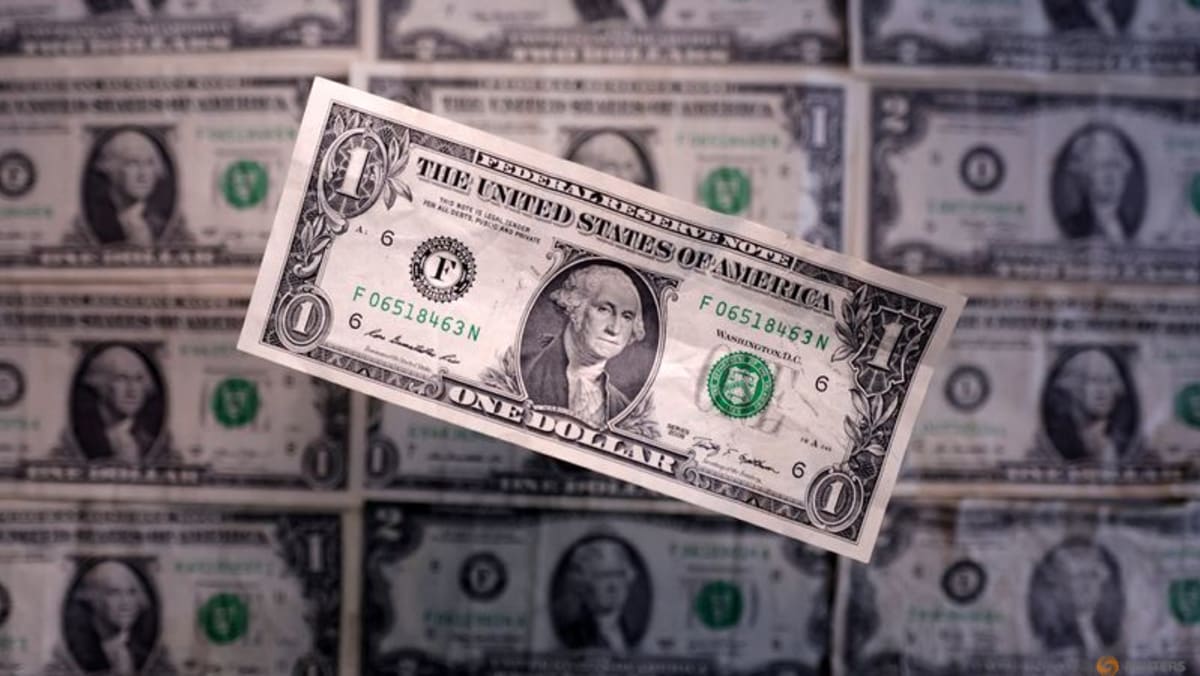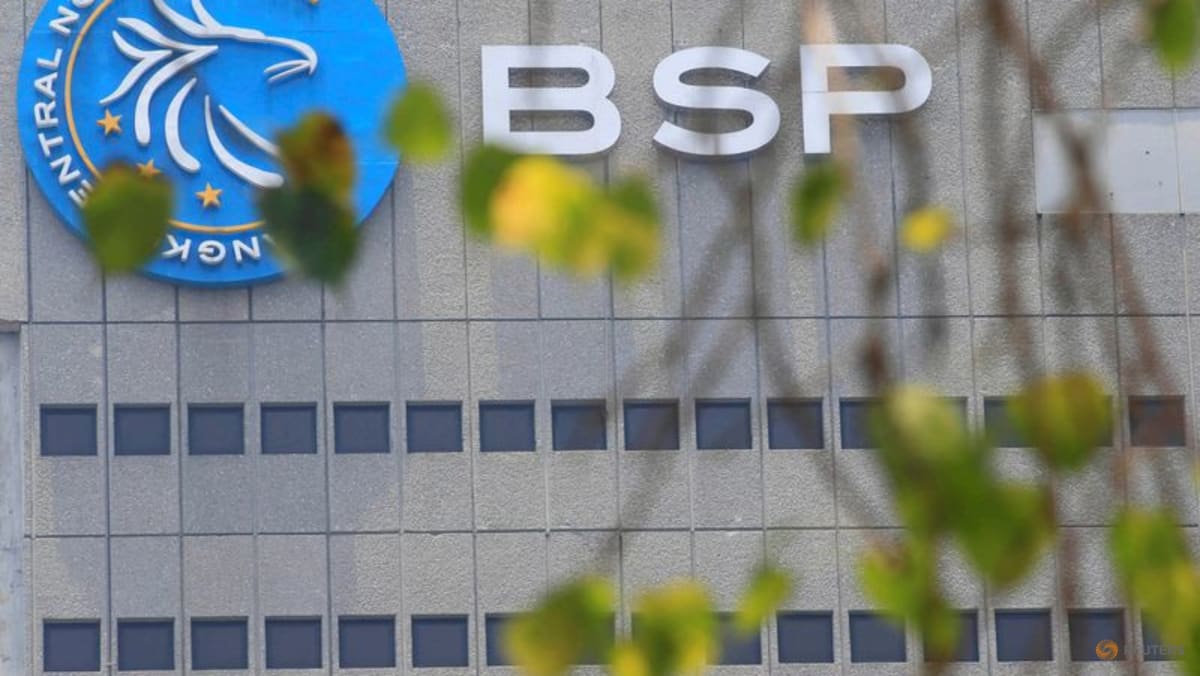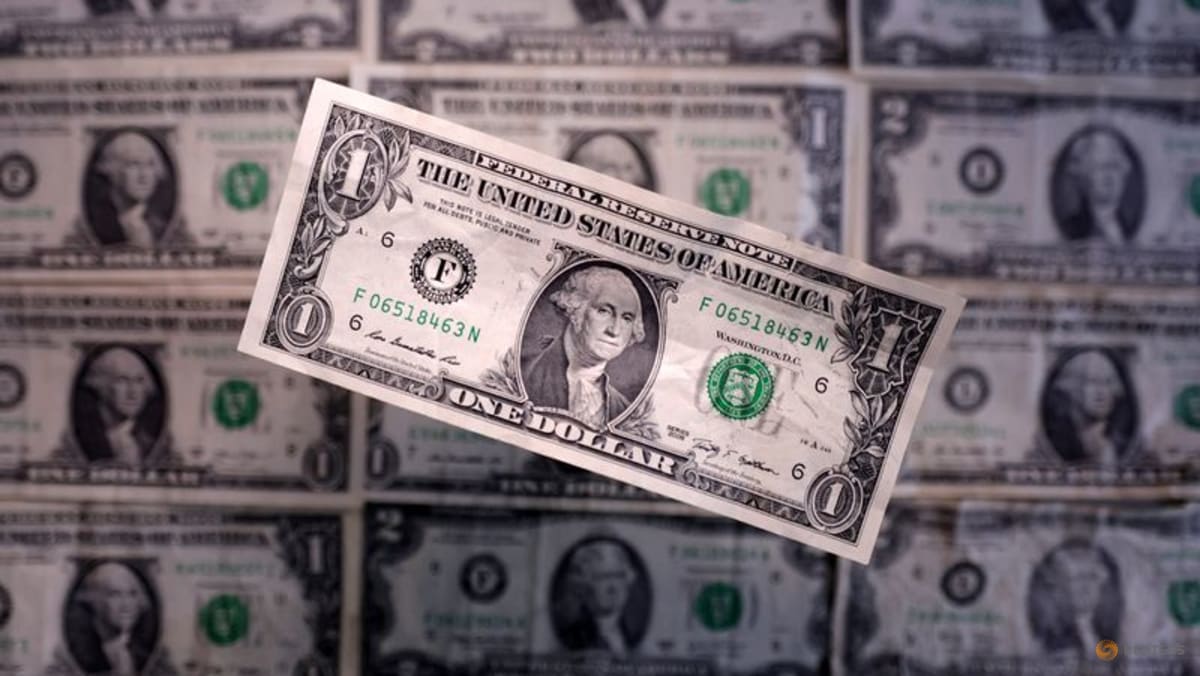NEW YORK :The U.S. dollar gained ground against major currencies including the yen and the Swiss franc on Tuesday after data showed a better-than-expected increase in labor market demand, indicating the Federal Reserve will likely take its time to cut interest rates.
The Republican-controlled U.S. Senate passed President Donald Trump’s tax and spending bill, approving a massive package that would enshrine many of his top priorities into law and add $3.3 trillion to the national debt. The bill will move to the House for final approval.
Federal Reserve Chair Jerome Powell had reiterated that the central bank plans to wait for more data before it starts monetary policy easing, but he did not rule out a July cut. Powell spoke at a central banking conference in Portugal.
The dollar pared losses against the Japanese yen and against the Swiss franc after Labor Department data showed job openings rose 374,000 to 7.769 million in May. It pared losses further against the yen and extended gains against the franc after the U.S. Senate cleared the spending bill.
The dollar weakened 0.29 per cent to 143.58 against the yen and was down 0.16 per cent to 0.79175 versus the Swiss franc, compared with a drop of 0.46 per cent and 0.28 per cent respectively before the data.
“It was the worst first half of the year for the U.S. dollar index since 1973 with a lot of that weakness being driven by concerns about trade policy and concerns about a slowing economy,” said Matthew Weller, global head of market research at StoneX. “But I think on a very short-term basis we might be seeing the market get a little bit stretched here and I think there might be a case for a U.S. dollar bounce as we move through July.”
The dollar index, which measures the greenback against a basket of currencies including the yen and the euro, reversed earlier gains and was down 0.08 per cent at 96.682 after being down 0.05 per cent to 96.71.
U.S. Treasury yields advanced after the job openings data. The yield on benchmark U.S. 10-year notes rose 2.3 basis points to 4.25 per cent.
“Two or three iterations of concern around the Fed or potential policy from the Fed all weigh against the dollar,” said Marvin Loh, senior global market strategist at State Street in Boston. “If the Fed cuts, that closes interest rate differentials … We’ve seen July expectations for a cut get a little more aggressive at 20 per cent; it was 0 per cent just a couple of weeks ago. It’s certainly firming they’re going to cut in September and there’s a bit of a change in thesis.”
British Prime Minister Keir Starmer cleared the first hurdle in his quest to reform the welfare system, defeating an attempt by lawmakers opposed to the proposed law to halt its progress. The proposed reforms are designed to reduce the cost of Britain’s growing welfare bill of 65 billion pounds, which the government has described as economically indefensible and morally wrong.
The euro was down 0.13 per cent at $1.18020 after being up 0.05 per cent earlier in the day.
The pound sterling reversed earlier declines and rose following the vote. It was last up 0.07 per cent to $1.374 against the dollar, on track for two straight sessions of gains.
The dollar strengthened 0.08 per cent to 7.162 versus the offshore Chinese yuan.













